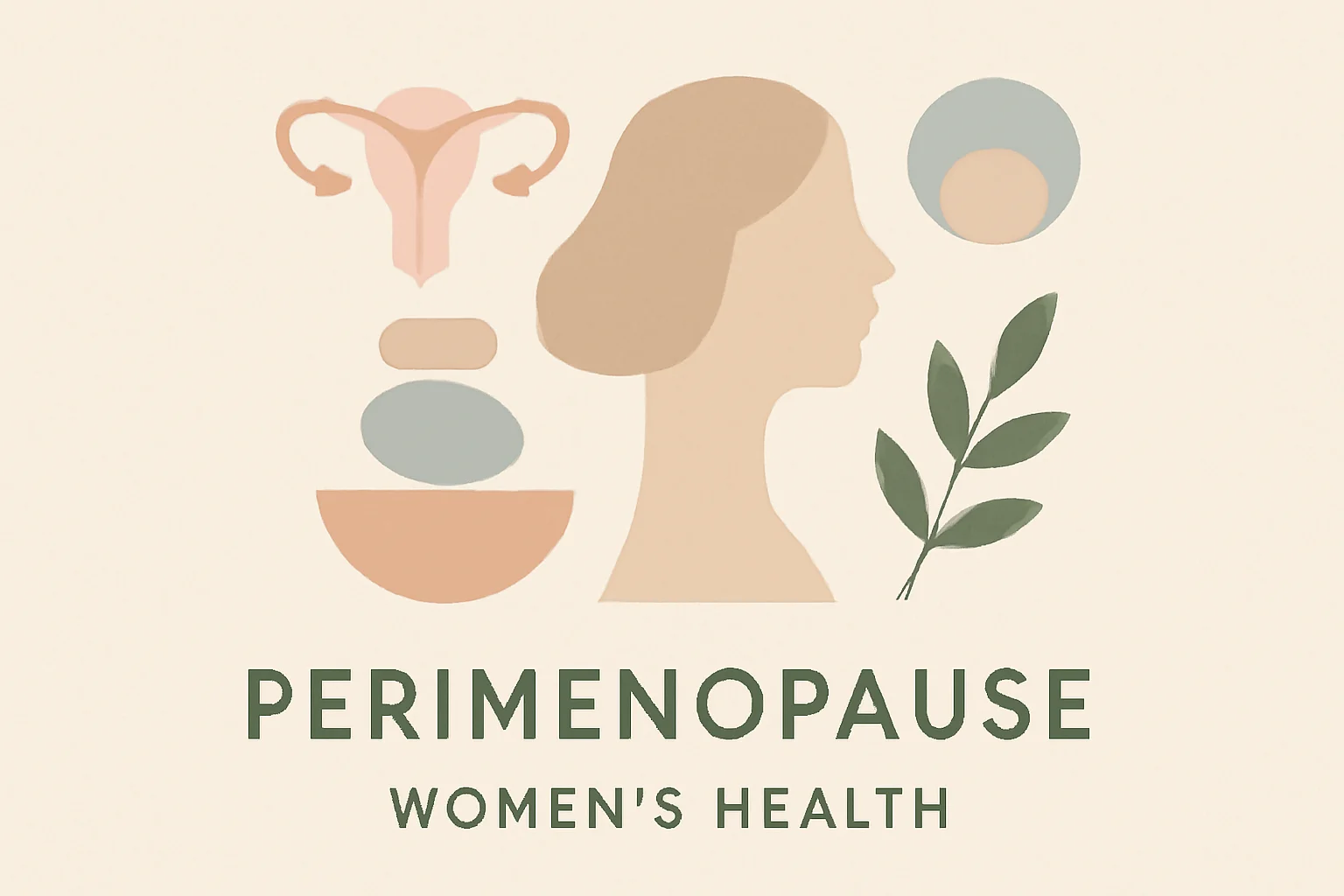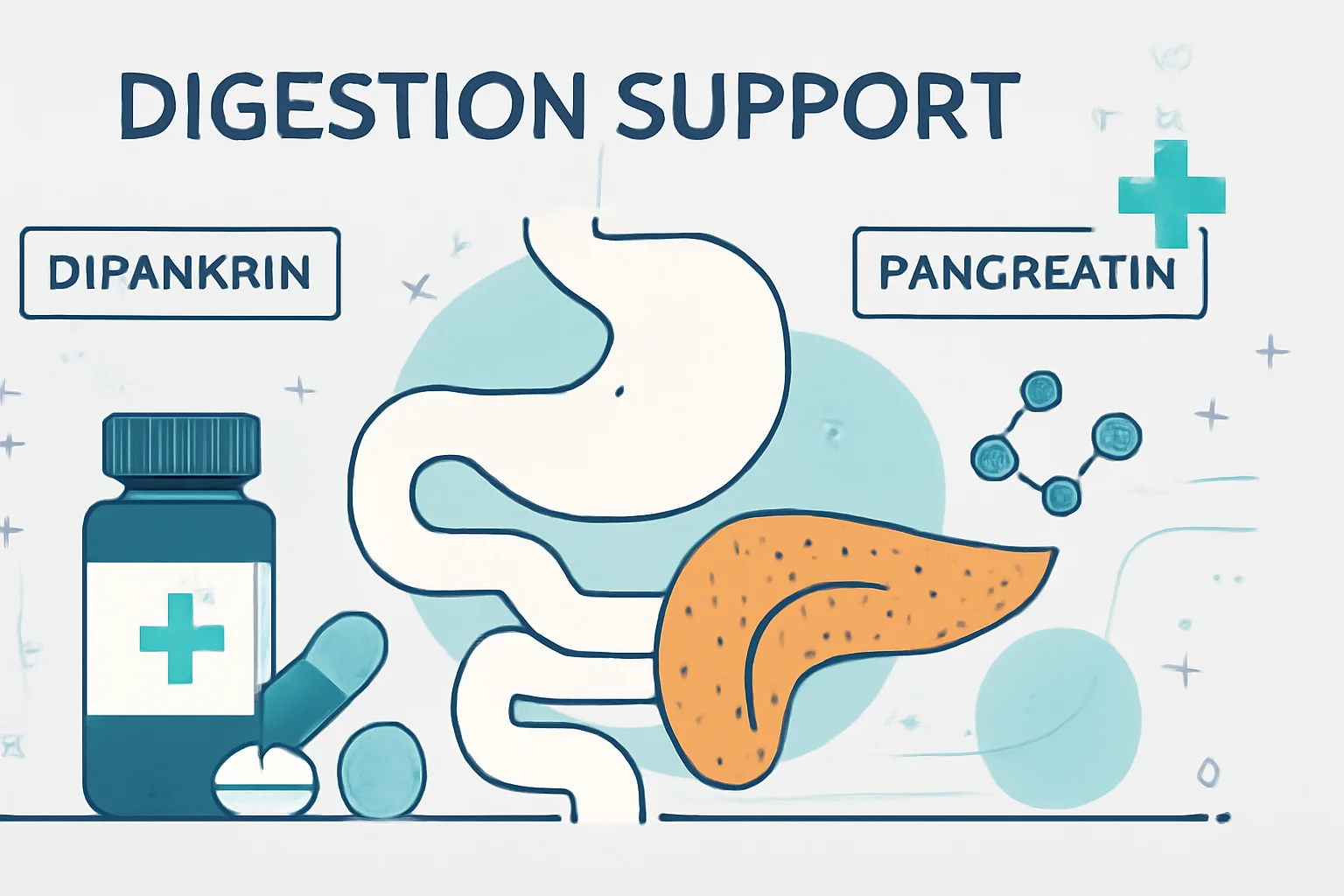
Symptoms and Treatment Options of Perimenopause in Women
The perimenopause is a significant yet often misunderstood phase of a woman’s life. This period is the pre-menopausal phase when hormonal changes have already begun, but the menstrual cycle has not completely stopped. Perimenopause typically starts in a woman’s late 30s or early 40s and can last for several years until she reaches menopause. During this time, women may experience various physical and emotional symptoms that can affect their daily lives.
The Symptoms of Perimenopause
During perimenopause, women may experience a variety of different symptoms, which can vary in intensity. One of the most common phenomena is irregular menstrual cycles. The length of the cycle, the amount of bleeding, and the severity of pain can all change, which can be frustrating for many women. Additionally, the frequency of menstruation may decrease or, conversely, increase.
Hot flashes, also known as flushes, are another characteristic symptom of perimenopause. This sudden, intense feeling of warmth can occur especially at night and disrupt sleep. Along with hot flashes, women often suffer from night sweats, which can also contribute to a decline in sleep quality.
Hormonal changes can also lead to more frequent mood swings. Many women may experience irritability, anxiety, or even depression. These emotional symptoms often intertwine with physical symptoms, making everyday life even more challenging. Managing stress and anxiety is particularly important during this time.
Furthermore, women may notice changes in their sexual desire and intimacy. Vaginal dryness and painful intercourse can make many feel uncomfortable, which can also affect relationships. Thus, perimenopause impacts not only physical aspects but also relationship dynamics.
Treatment Options for Perimenopause
There are various options available for managing perimenopause, which can help alleviate symptoms and improve quality of life. The first step is always to gather the right information so that women can be aware of the changes and their consequences.
Lifestyle changes, such as regular exercise, a balanced diet, and stress management, can help relieve symptoms. Physical activities like walking, swimming, or yoga not only benefit physical health but also improve mood. Proper nutrition, particularly calcium and vitamin D intake, is also crucial for maintaining bone health.
Among medical treatments, hormone therapy options may be considered. These aim to restore hormonal balance and relieve symptoms. However, hormone therapy is not suitable for every woman, so it is important to consult a doctor about the options and risks.
Natural remedies, such as plant-based supplements, are also popular for treating perimenopausal symptoms. Examples include soy, red clover, or saw palmetto. However, their effectiveness should be supported by expert opinions.
Finally, psychological support, such as therapy or group sessions, can also be beneficial for women. Sharing experiences and community support can help women navigate this challenging time.
Perimenopause and Relationships
Perimenopause affects not only the female body but also relationships. Hormonal changes, physical symptoms, and emotional challenges all impact the dynamics of relationships. Communication is key during this period, as open discussions can help partners understand a woman’s feelings and experiences.
For many women, decreased sexual desire and vaginal dryness can be problematic. These factors can create tension in relationships, so it is essential for both parties to support each other. Exploring different forms of intimacy, sharing information about sexual health, and seeking joint solutions can help reduce tensions.
The perimenopausal period can bring not only difficulties but also new opportunities. Many women find that their relationships deepen when both parties openly and honestly discuss their challenges and needs. Seeking shared experiences, such as common hobbies or activities, can also strengthen the relationship.
It is important for women not to feel alone during perimenopause. Supportive friends, family members, and professionals can help women navigate this transitional period confidently and successfully.
It is important to note that the information provided in this article does not substitute for medical advice. If you are struggling with any health issues, please consult your doctor or healthcare professional.

